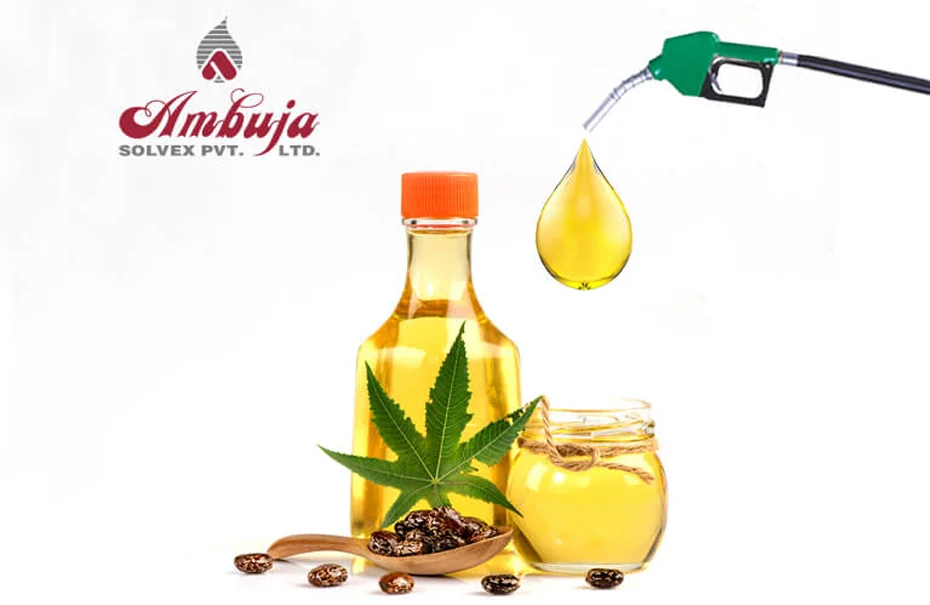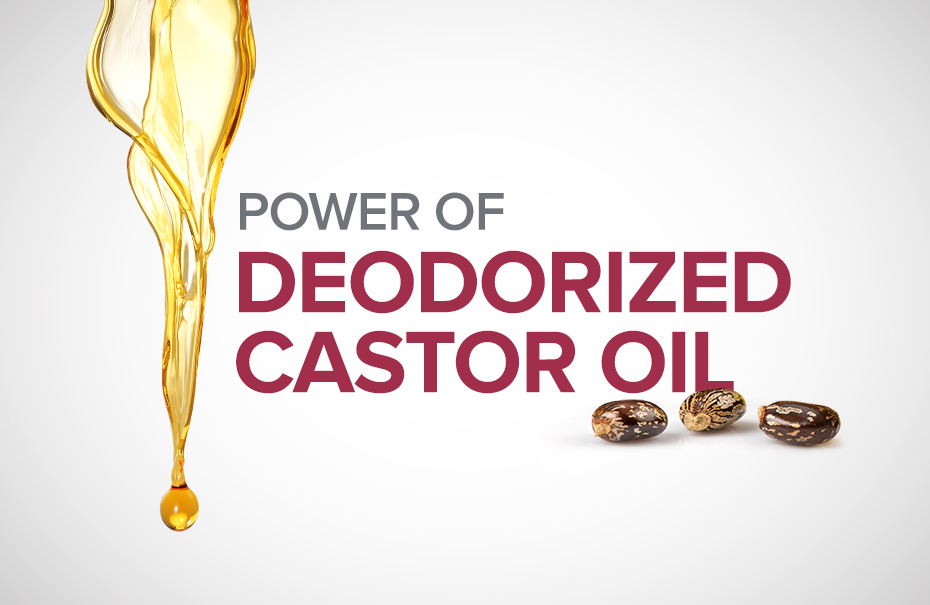Castor Oil: Environment-Friendly Fuel of Future

We are proceeding towards a future where the need for fuel for industries will only rise and on the other hand the two highly-used fuels i.e. petroleum and natural gas will run out sooner than later since they are non-renewable resources. Therefore, in order to ensure non-disruptive development and growth, it is essential that we utilize the sustainable and renewable fuel that is not only equally effective but also eco-friendly.
Castor oil, a significant environment-friendly fuel
Among many sustainable and biodegradable products, castor oil is one of the best industrial fuels due to their efficiency, availability, sustainability and cultivation and hence, it is largely used across many industries including textile, manufacturing, biofuel, etc. Castor oil is extracted from Ricinus Communis, a non-edible oilseed crop of the family Euphorbiaceae. It can be extracted from castor beans by different extraction methods such as mechanical pressing, solvent extraction and also a combination of pressing and extraction.
Why is Castor oil fuel for the future?
The awareness has spread about ‘Go Green’, the environmental changes as well as the laws and regulations have nudged industries to opt for sustainable and eco-friendly fuel choices. Since castor oil has a high boiling point and viscosity, it has a huge potential as a bio-based chemical resource. Castor oil is an ideal biofuel crop because of its cultivation and production is easier than other fuels. Castor oil crop –
- Doesn’t compete with food crops
- Doesn’t compete with food-grade oils
- Is not foraged by animals
- Is drought tolerant
- Has a long shelf-life
- Doesn’t require consistent energy to transform into fuel
Castor Oil Production
Commercial grade castor oil is utilized by a number of industries in their manufacturing and production. From the early 2000s, the demand for castor oil has increased among industries due to its sustainability and bio-degradability. In addition to an effective biofuel, it is also considered to be an essential raw ingredient during manufacturing in many industries including textile, paper, adhesives, paints, plastic, rubber, pharmaceuticals, cosmetics, etc.
India produces 75 per cent of the world’s castor seeds. With an annual production of 10.5 lakh tonnes, India accounts for 56% of the area and nearly 69% of the world’s output of castor. Its renewable possibilities, biodegradability and eco-friendliness make it the first choice in fuel. Since petroleum and natural gas are non-renewable resources that also increase pollution, it is essential for industries to choose an alternative.
The usage of sustainable castor oil will have positive benefits for castor oil suppliers, manufacturers using castor oil and castor seed producers.
Castor Oil Suppliers will see a significant increase in the castor oil demand. The market of castor oil will grow faster due to the rise in the preferences of sustainably-produced, bio-based products.
Manufacturers using castor oil will be able to achieve sustainable growth along with minimum finances. When castor oil can help them lower their costs and ensure consistent growth, it will also be their solution for their long-term fuel requirements.
Refined castor seed producers will witness a drastic rise in the requirements of castor seeds due to the castor oil in demand in many major industries. As the market is expected to grow, the castor oil seed producers will be on the top of the chain to enable faster and more production.
In addition to being used as a reliable fuel, castor oil is in high demand by the chemical industry for the manufacturing of very high value products. However, despite the possibility of using castor oil as a replacement of the standard diesel fuel, the high viscosity of this oil limits its application.
What are the Benefits of Sustainable Castor Oil?
In addition to its renewability and biodegradability, castor oil brings many benefits.
- Enable industries to follow eco-friendly practices
- Sustainable growth in business
- Utilize green energy or clean energy
- Increase efficiency and growth
- Ensure carbon saving
- Lower costs
- Not competing with food
Castor is considered to be one of the most promising and reliable non-edible oil crops that have high annual seed production. Its potential to grow on marginal lands can lead businesses to increased profits. Castor oil has unique properties in pure form or as a result, it can blend with diesel fuel, primarily because of the extremely high content of RA.



